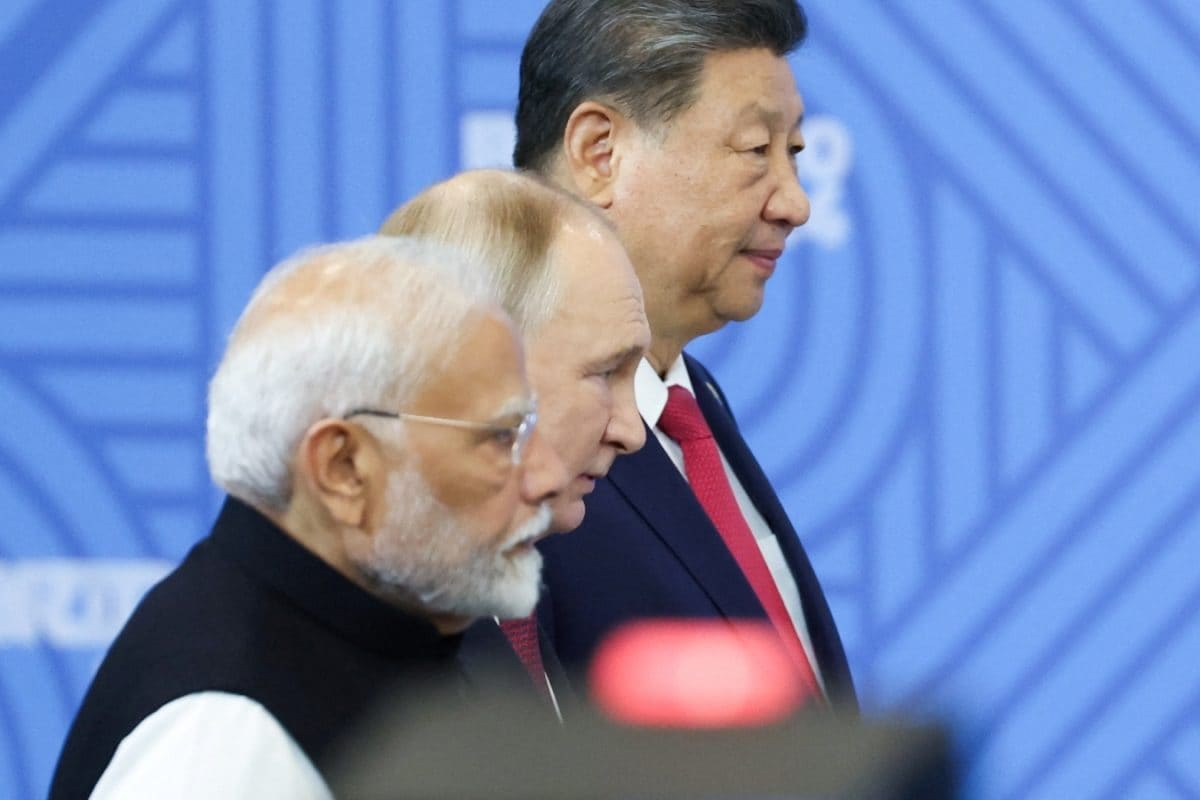

US Secretary of State Marco Rubio has expressed that India's continued purchase of Russian oil is a "point of irritation" in the relationship between New Delhi and Washington. Rubio's comments followed President Donald Trump's announcement of a 25% tariff on all goods coming from India, in addition to an unspecified penalty for buying Russian crude oil and military equipment.
Rubio stated that the US President is frustrated that India continues to buy oil from Russia despite having other options and is, in effect, funding Russia's war efforts against Ukraine. He acknowledged that India has significant energy needs and buys from Russia because the oil is sanctioned and, therefore, cheaper. He noted that Russia is selling oil below global prices due to sanctions. Despite this, Rubio emphasized that global trade involves allies and strategic partners, and complete alignment is not always possible.
Trump's administration views India as taking advantage of global sanctions by purchasing discounted Russian oil and reselling it as refined products. Treasury Secretary Scott Bessent stated that the US sees India as not being a "great global actor".
The new tariffs, effective August 1, 2025, are viewed as a pressure tactic to get India to agree to U.S. trade demands. The move comes after the U.S. secured favorable trade deals with countries like Japan, the UK, and the European Union. A White House economic advisor stated that Trump sees the 25% tariff and penalty as a remedy to help finalize a trade deal.
India has firmly resisted opening up its agriculture and dairy sectors, which has also contributed to trade tensions with the U.S.. The U.S. is pushing for greater access to India's agricultural market, particularly for genetically modified (GM) crops, dairy, and products like corn, soybeans, apples, almonds, and ethanol, and is insisting on tariff reductions in these sensitive sectors. India argues that allowing cheaper, subsidized U.S. farm goods would harm the income of millions of small farmers. India has communicated to the U.S. that reducing tariffs on dairy, rice, wheat, and GM crops is not currently possible, as it could negatively impact over 700 million rural people, including around 80 million small dairy farmers.
India has defended its right to make energy decisions based on its national interest, asserting that it is securing affordable fuel for its 1.4 billion people. India has also stated that it has not accepted secondary sanctions in the past and does not intend to do so now. External Affairs Minister S. Jaishankar has defended India's position, pointing out that Europe continues to purchase Russian LNG and that India's per capita energy consumption remains among the lowest in the world.
Rubio has defended President Trump's tariffs, stating that they seek to rebalance global trade, which he believes has been unfair to American workers and the American economy. He noted that there is still room for negotiations and that some countries may end up with tariff rates better than others based on their trade status.